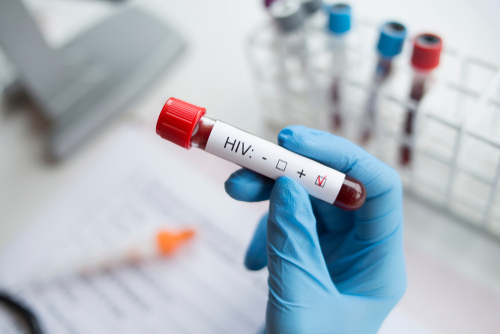
Cultural and societal norms’ impact on HIV among LGBTIQ
Cultural factors and societal norms within the LGBTIQ community in Kenya significantly impact HIV prevention and treatment efforts.
Kenya, like many countries, has its own cultural context and societal norms that influence the experiences of the LGBTIQ community.
Here are some ways in which these factors impact HIV prevention and treatment efforts:
Stigma and discrimination: Deep-rooted cultural norms and societal attitudes contribute to stigma and discrimination against the LGBTIQ community in Kenya. Homophobia, transphobia, and societal rejection can lead to a hostile environment, preventing individuals from seeking HIV testing, treatment, and support services. Fear of discrimination and potential harm often forces LGBTIQ individuals into the shadows, making it difficult to access essential care.
Legal and policy barriers: Kenya has laws that criminalise same-sex relationships, making it challenging for the LGBTIQ community to openly access healthcare and support services. These legal barriers create an environment of fear and discrimination, making it harder to implement comprehensive HIV prevention and treatment programs specifically tailored to the community’s needs.
Lack of awareness and education: Cultural factors and societal norms can contribute to a lack of awareness and understanding about diverse sexual orientations and gender identities. Limited knowledge about HIV transmission, prevention methods, and healthcare rights may result in misinformation and ignorance, hindering effective prevention and treatment efforts.
Family and community support: In many cultural contexts in Kenya, family and community play significant roles in individuals’ lives. However, the LGBTIQ community often faces rejection and ostracization from their families and communities due to cultural norms and societal expectations. This lack of support can result in limited access to vital information, emotional support, and resources for HIV prevention and treatment.
Role of religious beliefs: Religious beliefs hold significant influence in Kenya, and conservative interpretations of religious doctrines can contribute to the marginalisation of the LGBTIQ community. Such beliefs may discourage seeking healthcare services and promote harmful “conversion therapies” that undermine HIV prevention and treatment efforts.
Addressing the impact of cultural factors and societal norms is essential for effective HIV prevention and treatment efforts within the LGBTIQ community in Kenya. This requires a multi-faceted approach, including:
- Advocacy for LGBTIQ rights and legal reform to ensure equal access to healthcare and protection from discrimination.
- Comprehensive and age appropriate culturally sensitive sexual education programs that address diverse sexual orientations and gender identities.
- Engaging religious leaders and communities in dialogues to promote understanding and acceptance.
- Strengthening support networks within the community to provide education, counselling, and linkage to HIV services.
By addressing these factors, it is possible to create an environment that fosters understanding, acceptance, and equitable access to HIV prevention and treatment services for the LGBTIQ community in Kenya.
